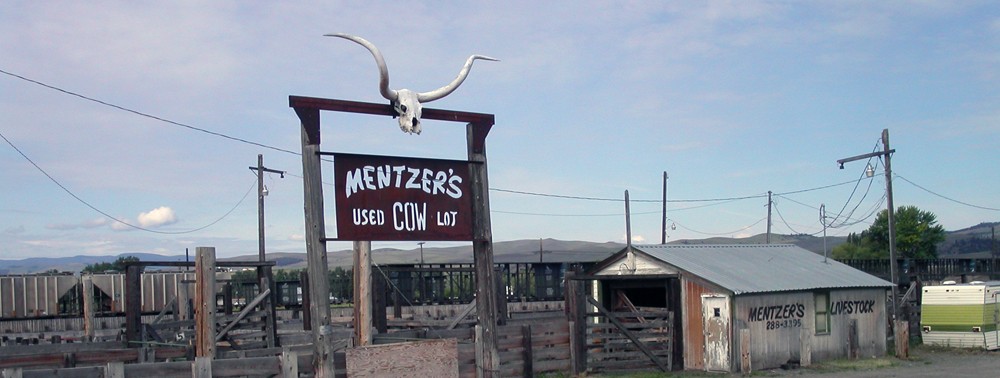Shortly before my wife and I moved back to the Washington, D.C., area from Atlanta I was contacted by representatives of Decatur, Georgia’s, oldest African American church congregation. They had read a blog post I published in early 2014 on the impending demolition of their historic church.
Tigner Rand, who edits the newsletter, The Anchor, wrote, “September 28th is Antioch AME’s annual homecoming. I would like to include excerpts and photos from your blog in our September church newsletter.”

The Anchor, September 2014 issue cover.
I consented and then we began discussing the church’s history. I suggested doing an oral history project that would bring current and former congregation members into the church, along with their memories and their photos. The goal would be to record interviews and digitize photos for the church’s archives.
I prepared a technical proposal for the church. Our relocation in November 2014 made moving forward with the church impossible and I connected the church with University of West Georgia public history professor Dr. Julia Brock. Earlier this year, Rand emailed me:
I wanted to give you an update on the progress of Antioch Church History. Julia [Brock] received a grant to help coordinate History day at the church. We will also host a series of workshops which are two-fold: they are designed to teach participants how to research family/church history, record the history and preserve the history.
The Church will host a public forum – Black Religion – The Black Church 200 years: National, State, DeKalb County – AME history – Dr. Larry Rivers specializes in Black Religion.
What an incredible outcome. After being displaced in Decatur (and ultimately from the city itself) and seeing its beloved sanctuary demolished in 2014, Antioch now has a firm path forward to preserve its history for future generations.

Former Antioch AME Church, demolished April 17-18, 2014.
Of all the products stemming from my work on gentrification and race in Decatur, this is one of the best memories I have from the experience. As a historian who crossed the line from observer and documentarian into activism and advocacy, I am humbled by a January 2016 note I received from Mr. Rand. “You writing the story was meant to be! You were the key that unlocked the quest for me to take this alchemist journey,” he wrote. “I’m excited and cannot wait to see what the journey will bring.”
So am I.
© 2016 D.S. Rotenstein
Like this:
Like Loading...






